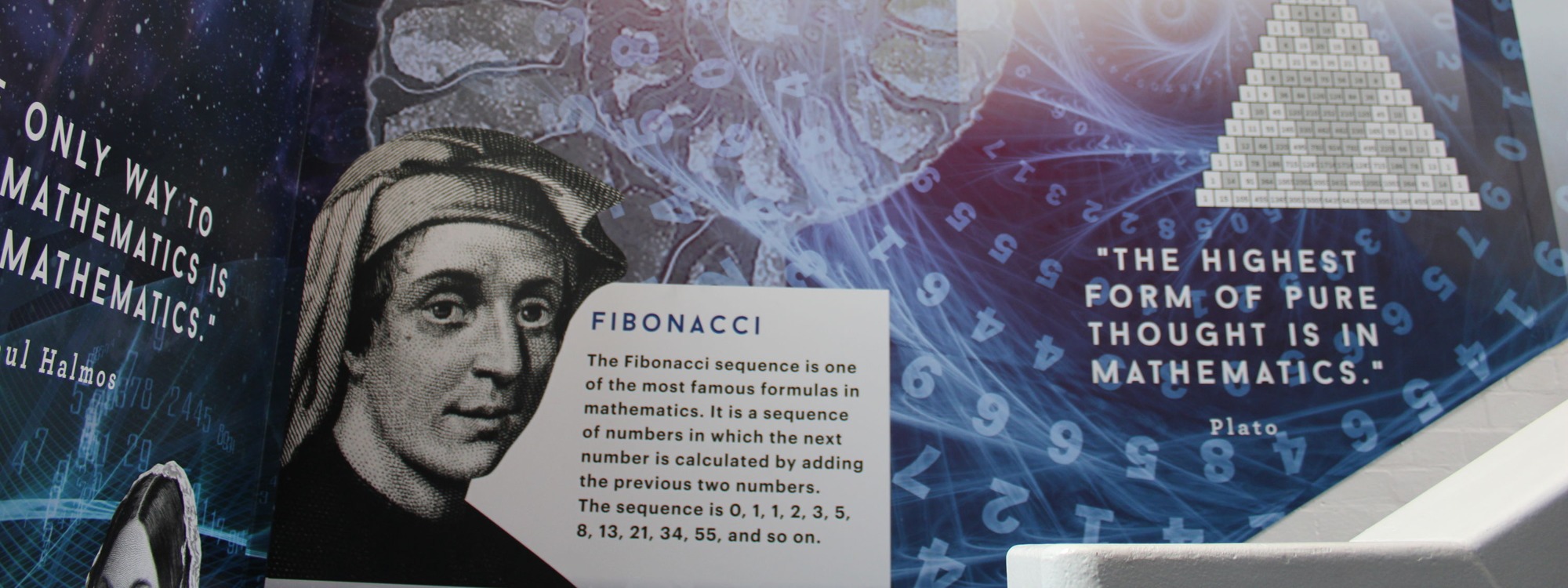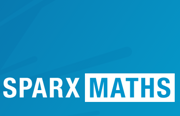- Home
- Provisions
- Subjects
- Mathematics
Mathematics
| Name | |
|---|---|
| Subject Leader Mathematics | Dr C Squires |
| Mathematics Teachers |
Miss K Dewar Mr M Laker Miss E Lywood Miss G Merridan Mr J Platten Mr O Scott-Boyle Mr I Tomkins Mr M Sanderson |
Mathematics is essential to everyday life, critical to science, technology and engineering, and necessary for financial literacy and most forms of employment. A high quality mathematics education provides a foundation for understanding the world and becoming equipped as active citizens in our increasingly technological world. Mathematicians are key individuals in such a wide variety of roles in today’s world because of their ability to think abstractly and to generalise concepts.
Please see our learning journey for a visual representation of the curriculum.
Further Mathematics GCSE is available to those that perform well at the end of their KS3 years. We look at the students' classwork, results in end of term assessments and low stakes assessments during KS3 to see if they qualify.
The students will start the Further Maths syllabus in Year 10. They will sit a mock Further Maths paper with their PPE 3. We follow the AQA Level 2 Certificate in Further Maths.
The 6 main areas of study are:
- Number,
- Algebra,
- Ratio, Proportion and Rates of Change,
- Geometry and Measures, Probability
- Statistics
At every opportunity, the students are encouraged to improve their skills in talking mathematically to develop precision, reasoning, articulation and clarity. Practical activity features regularly in classwork, so that techniques can be learned and developed through application to real situations.
Aims
The intention is to develop students’ mathematical skills and knowledge, through oral, written, graphic and practical work. Students are inspired, encouraged and enabled: to see that mathematics permeates the world around us, to appreciate the usefulness, power and beauty of mathematics, to enjoy mathematics and develop patience and persistence when solving problems. We aim to develop each student’s ability and confidence to cope with practical aspects of everyday life at work, at home and in social activities.
Transition
As part of our mathematics curriculum offer, during the summer term of Year 6, we aim to visit students from our feeder primary schools. The purpose of these visits is to deliver a mathematics taster lesson, during which students will experience common mathematical language, questions which challenge their mathematical reasoning, mathematical awareness and problem solving ability. The visits allow students to meet members of the mathematics team and ask any questions.
We hope that by the end of the lesson, the students are just as excited about joining The Forest School as we are in welcoming them into the Forest Family.
Key Stage 3
Years 7-9
Mathematics is a core subject which is studied throughout the student's academic life. In Year 7 students begin learning according to their individual needs and with consideration of their attainment in Year 6. Their existing knowledge and understanding of mathematics are progressed towards developing them into abstract thinkers and independent problem solvers. There is a particular focus on ensuring students are numerate and have a good understanding of how numbers work. This pathway is a 5-year journey towards their external examinations in Year 11.
Our aim is for students to become fluent in the fundamentals of mathematics and practice with varied, increasingly complex problems over time to develop conceptual understanding and apply knowledge accurately. Students will be able to reason using correct mathematical language to construct arguments and justify them confidently. Eventually, they will become creative problem solvers.
Key Stage 4
YEARS 10-11
At our most basic level, we all need to be able to understand and apply skills in arithmetic. it is the common language of all disciplines and is the language which technology and computers communicate with us and with themselves.
The GCSE syllabus starts in Year 10 for all students and they will be required to review and extend their knowledge and skills. The course follows the AQA Syllabus.
The assessment of this subject is in the form of three examinations (two calculator and one non-calculator), sat at the end of the course in Year 11. The papers are offered at two levels, foundation (grades 1-5) and higher (grades 4-9). Students will continue to work in the six areas of the National Curriculum.
For our students to develop, it is important that they recognise the value of mathematics, primarily intellectual engagement and development which will see them into the future with understanding and competency with mathematical knowledge and deductive skills essential in today’s world.
Enrichment
Enrichment
Throughout the mathematics learning journey, extension and enrichment opportunities are actively encouraged. Within our lessons we promote STEM (Science, Technology, Engineering and Mathematics). Students are exposed to cross-curricular learning frequently. Resources are shared and cross-curricular topics are planned in teams so that students recognise when they are using maths in other subjects such as science, engineering, geography, technology and computing. This is important in developing their fluency to apply mathematical knowledge and skills across the curriculum. A STEM education creates critical thinkers, increases science literacy, and enables the next generation of innovators. At the Forest School our STEM activities provide hands-on and minds-on lessons for the students. Making maths fun and interesting helps the students to do much more than just learn. After their learning journey through The Forest School, they will leave with the key skills and ability to apply these in order to achieve their aspirations.
In both Key Stages, students are entered for the UKMT individual and team challenges where appropriate, and also have the opportunity to enter national and regional competitions held at various events.
We offer AQA Further Mathematics to selected students and where appropriate these examinations are taken at the end of Year 11.
GCSE Revision - Foundation
Expressions, Equations and Inequalities
Fractions, Decimals and Percentage



